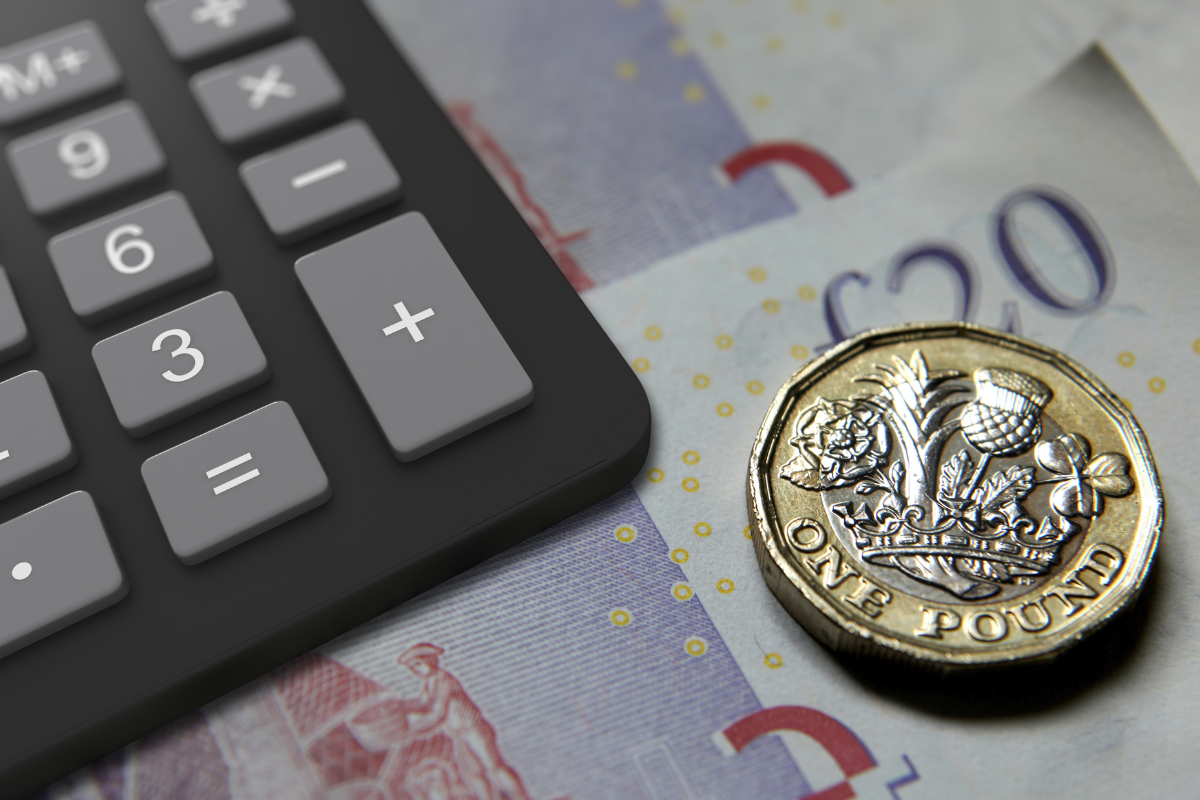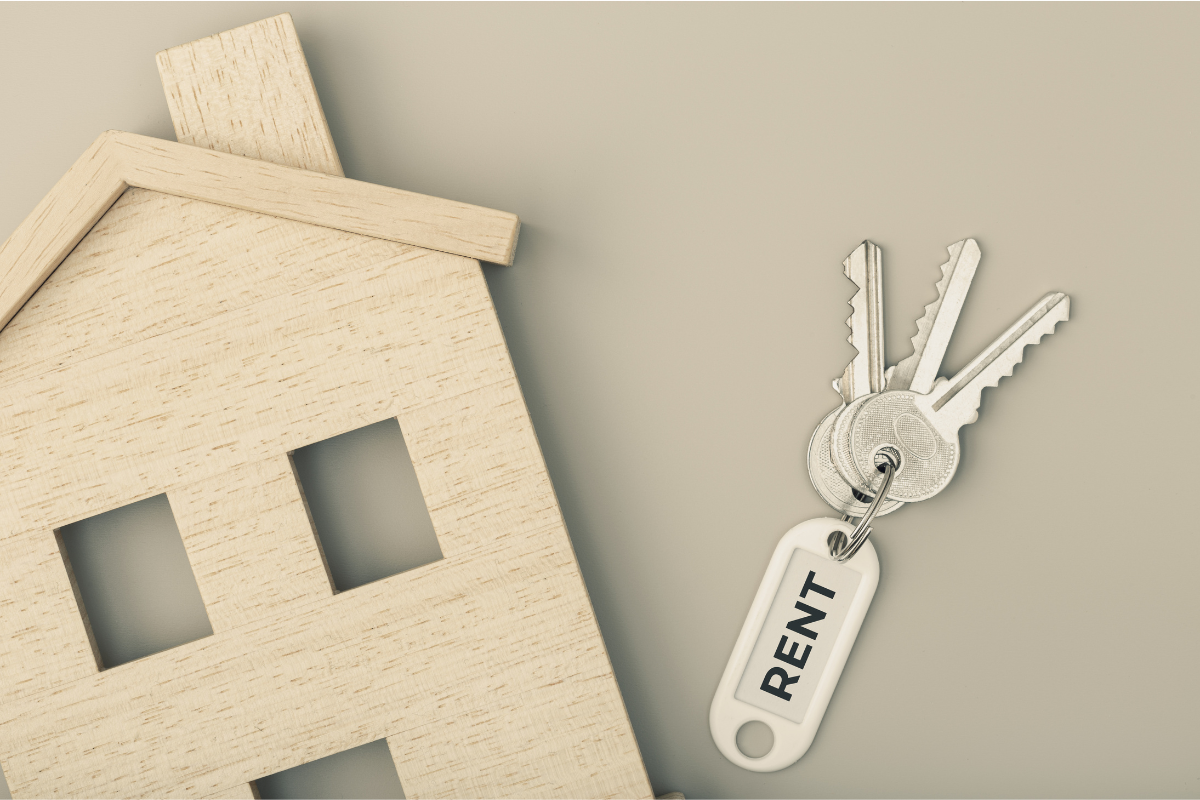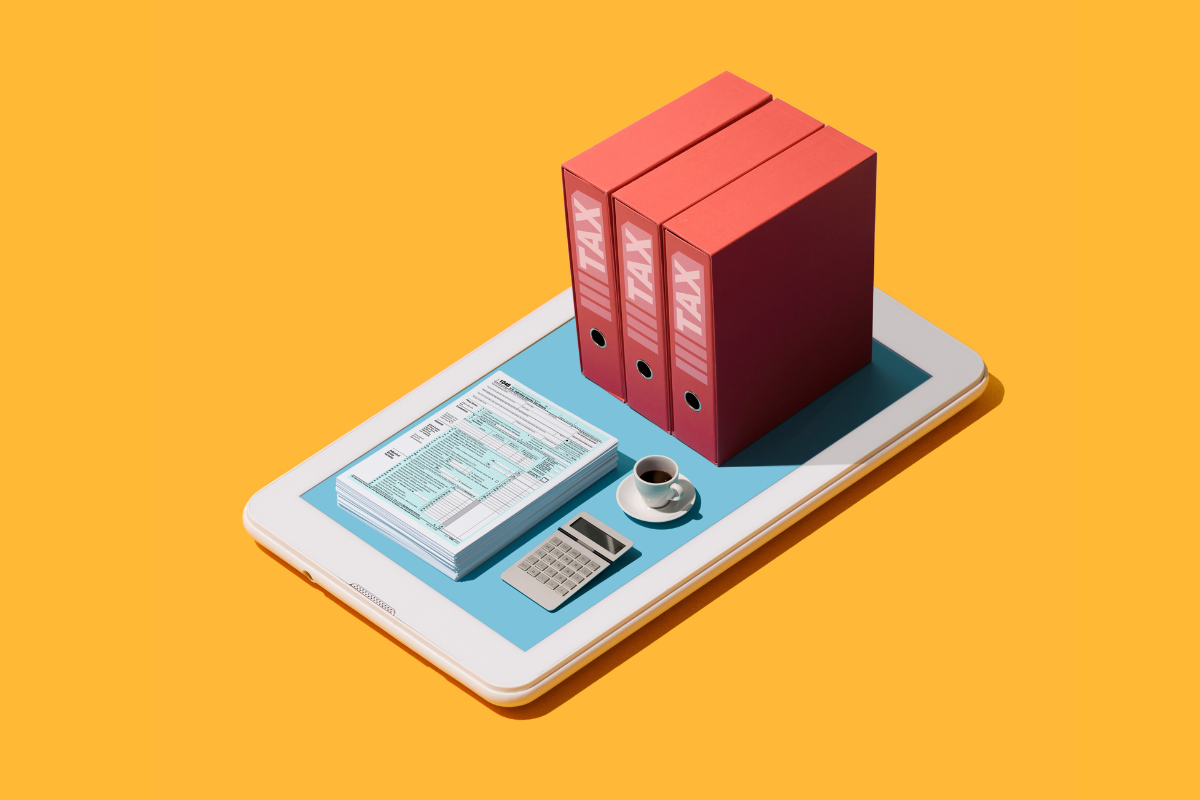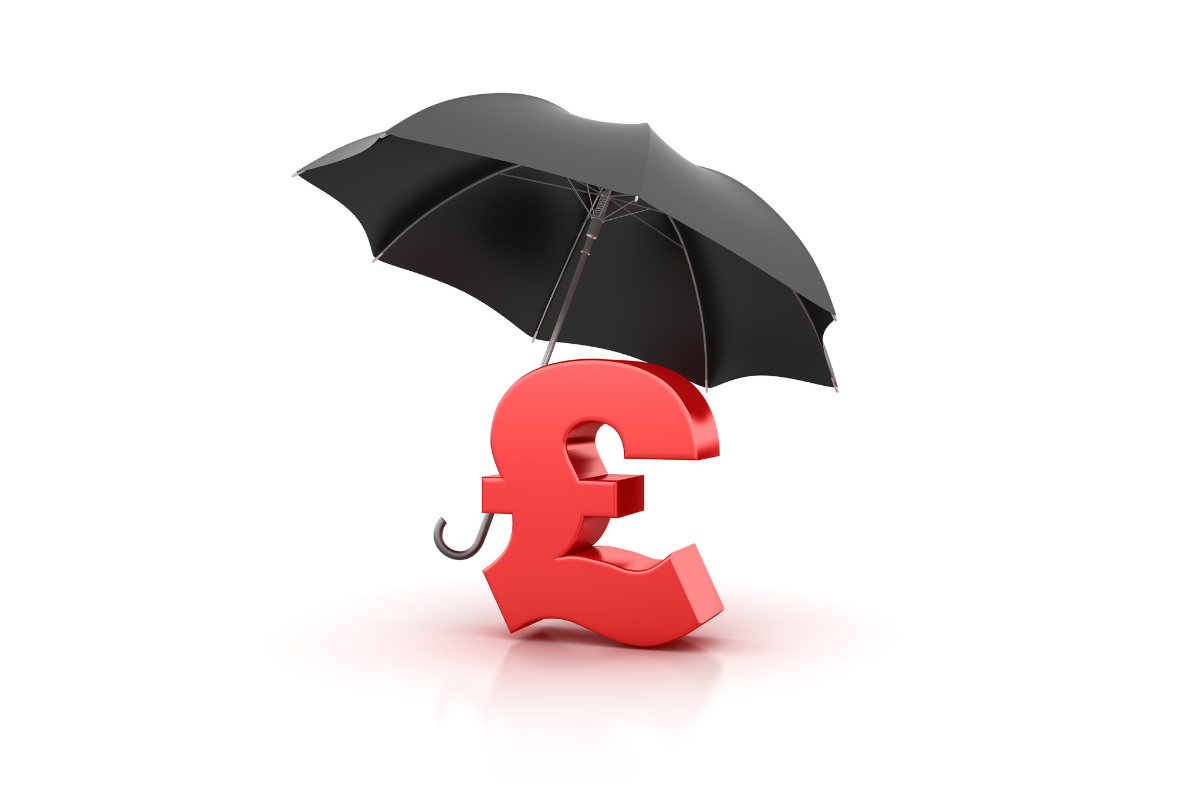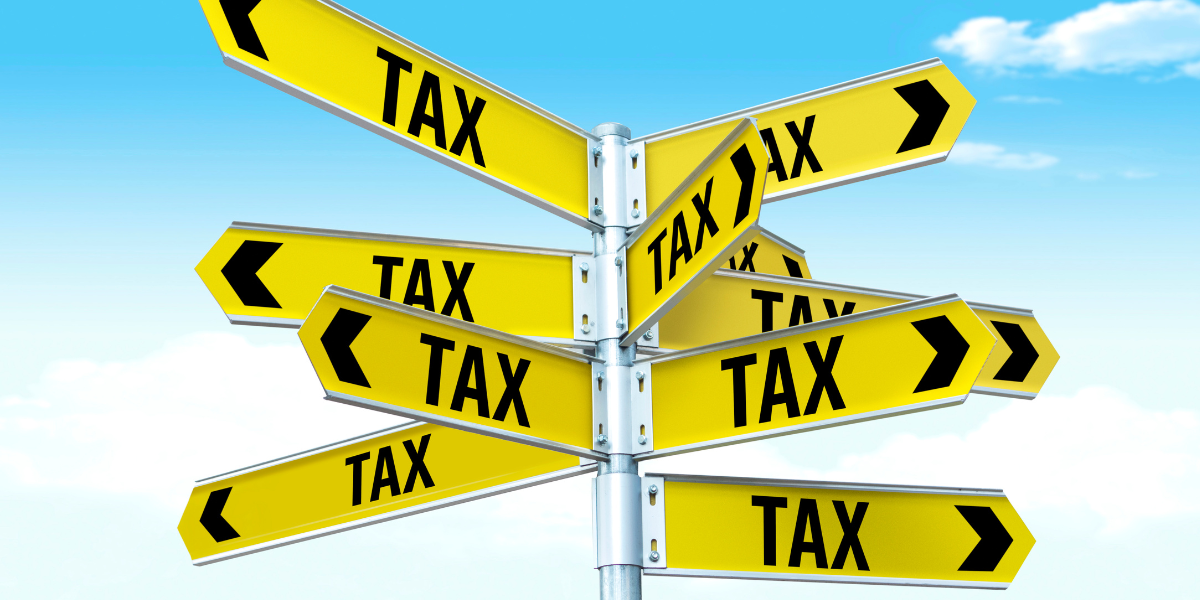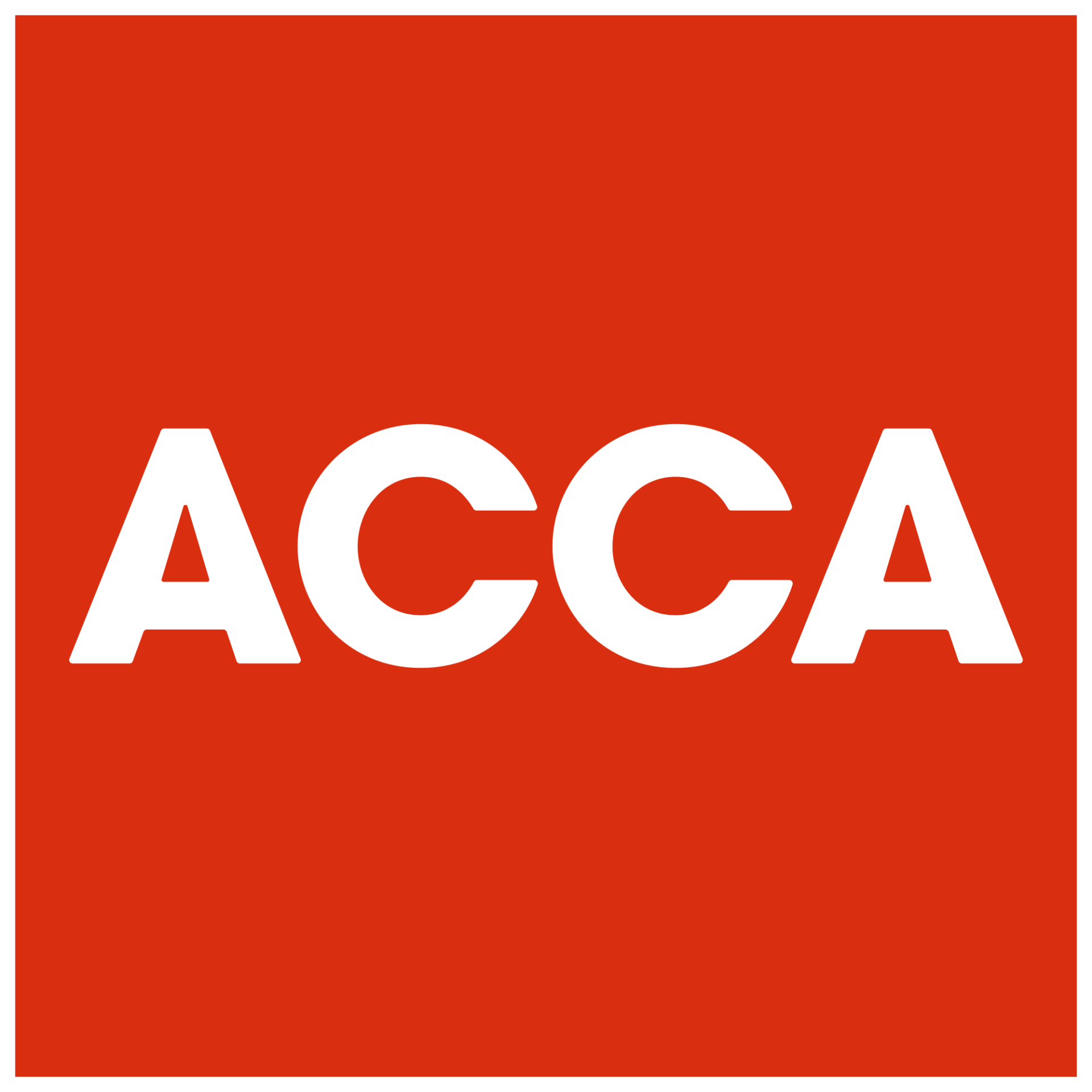Three things you need to know about self-assessment returns
What is a self-assessment tax return?
A self-assessment tax return is a tax return that needs to be filed every year by many individuals to declare UK income. Some individuals may be unsure of whether they need to file this. Here are 3 questions we often get asked.
Who needs to file a self-assessment return?
An individual who is in receipt of UK income of more than £1,000.00 will need to file a self-assessment tax return every year.
The most common reasons you may need to file a self-assessment return are listed below:
- If you are self-employed, you will need to declare your income and expenses
- If you are a landlord receiving money from renting out a property, you will need to declare your rental income and expenses
- If you are in receipt of dividend payments from a limited company
- If you or your partner receive child tax benefits
- If you are in receipt of overseas income
- If you have sold any assets
- If you are receiving more than £100,000.00 employment income before tax. If an individual earns more than £100,000.00 per year, their personal allowance of £12,570.00 reduces. The personal allowance is the amount of income an individual can receive in the UK without paying any income tax
There are many other reasons why you may need to file a self-assessment tax return. Please contact HMRC or an accountant to find out whether you need to file a self-assessment tax return.
How do I file a self-assessment tax return?
You will need to register yourself as self-employed with HMRC. You will find an application for this on the HMRC website.
You will also need to keep a record of all self-employment activity that you need to submit to HMRC. For example, if you are self-employed, you may need copies of your invoices, remittances, or bank statements as proof of income. For expenses you may need bank statements, receipts or invoices.
You will then be able to file your tax return online or via a paper form.
Alternatively, you can send all of your information to an accountant who will file your tax return directly with HMRC.
When do I need to file my self-assessment tax return?
A self-assessment tax return is due on the 31st of January every year.
The tax return covers the period 6th April of one year to the 5th April in the following year. For example, filing a self-assessment tax return for the 2020-21 tax year will cover the period 06th April 2020 to the 5th April 2021. This will be due in the following year by the 31st January 2022.
If you are unsure of how to file a self-assessment tax return, please seek advice from an accountant to ensure it is filed with HMRC correctly and you are paying the correct taxes. An accountant may also inform of you of any tax reliefs that may be available to you to help lower your taxes.
Please ensure to file your self-assessment tax returns by the deadline to avoid being charged any interest or penalties for late submissions or late payments of tax.
For more information about self-assessment tax returns, visit the government website:
https://www.gov.uk/self-assessment-tax-returns
If you need any support with your self-assessment tax return, we have a team of experienced and friendly chartered accountants who will be able to help you and your business.
Contact us using the form below to arrange a consultation.



